Cozumel Toad
Pet Owners: Beware the Cane Toad
Venomous to Pets ….
Cozumel pet owners need to remain vigilant about Cane Toads: although they look harmless their venom can actually kill a cherished family pet. The Cane Toad is a large plump, olive brown or grey toad with a lighter color underbelly. Cane Toads can be up to 7 1/2 inches (19 cm) long so they are easy to notice.
If a Cane toad is picked up or mouthed by a predator, such as your pet, the giant Cane Toad will exude a potent, milky white toxin from their parotoid glands. If this fluid is ingested, this toxin is capable of seriously sickening or killing an animal.
Cane Toads eat almost anything so be careful to not leave cat or dog food outside for your domestic animals. These big toads will sit in the bowls and eat the cat or dog food! Even the eggs and tadpoles of Cane Toads are toxic, and there have been reports of dogs being poisoned by drinking the water out of a container that a toad sat in. The poison is very quickly absorbed by the mucous membranes in the dog’s mouth. Seizures and death can occur in dogs or cats within 30 minutes from a Cane Toad poisoning. Once toad poisoning symptoms appear, emergency veterinary care is imperative.
The symptoms of toad poisoning may include: drooling; slobbering foam; head shaking; tearing of the eyes; loss of coordination; apparent blindness; bright red gums; elevated heartbeat; dilated pupils; high fever; or even seizures.
If you observe any or several of these symptoms in your dog, flush out the mouth carefully with a large amount of water. Use a hose, a shower sprayer, or a kitchen sink sprayer on a low velocity and be sure to direct the stream in order wash the toxins out of the mouth and not down into the throat. Bring your pet to a veterinarian immediately, as even low doses of the toad’s poison may be fatal without proper treatment.
There is no antidote to this toxin. However, with prompt supportive care such as cool water, intravenous fluids, anti-arrhythmic drugs, sedation, and atropine, your dog has a good chance of survival.
The best antidote is prevention: if you see a Cane Toad in your yard, relocate the toad to another area where pets can’t access them. Don’t let them eat your pet’s food or swim in their waterbowl.
Propietarios de mascotas tengan cuidado con el sapo marino gigante
Es venenoso para las mascotas . . .
Los propietarios de mascotas en Cozumel deben mantenerse atentos del sapo marino gigante (también conocido como sapo de caña). A pesar de que parecen ser inofensivos, pueden matar a la querida mascota de la familia. El sapo de caña es un gran sapo regordete, color pardo o gris con un color más claro en el vientre. El tamaño de los sapos marinos es de hasta 7 ½ pulgadas (19cm) de largo por lo que es fácil detectarlos.
Si un depredador, tal como su mascota, levanta o toma con la boca a un sapo marino, este sapo expulsará una potente toxina blanca y lechosa desde sus glándulas parótidas. Cuando se ingiere el líquido, la toxina es capaz de enfermar gravemente o de matar a un animal.
Los sapos marinos comen caso todo, así que asegúrense de no dejar comida para su gato o perro en el exterior. ¡Estos grandes sapos se sentarán en los platos y se comerán el alimento del gato o del perro! Incluso los huevecillos y los renacuajos de los sapos marinos son tóxicos, y ha habido reportes de perros envenenados por beber el agua de un recipiente donde se sentó un sapo. El veneno es rápidamente absorbido a través de las membranas de la boca de perro. Las convulsiones y la muerte pueden presentarse en perros o en gatos después de 30 minutos del envenenamiento a causa del sapo marino. Una vez que los síntomas de envenenamiento aparecen, son imperativos los cuidados de emergencia del veterinarios.
En caso de observar cualquiera o varios de estos síntomas en su perro, enjuague cuidadosamente la boca con gran cantidad de agua. Utilice una manguera, un atomizador o la regadera del fregadero en baja velocidad, y asegúrese de dirigir el chorro de manera que lave y saque las toxinas de la boca y no dentro de la garganta. Lleve a su mascota de inmediato al veterinario pues incluso las dosis bajas del veneno pueden ser fatales si no se aplica el tratamiento adecuado.
No existe antídoto para esta toxina. Sin embargo, al dar cuidados de apoyo inmediatos tales como agua fresca, líquidos intravenosos, medicamentos antiarrítmicos, sedación y atropina, su perro tiene buenas probabilidades de sobrevivir.
El mejor antídoto es la prevención: si se percata de que hay un sapo marino en su patio, reubique al sapo a otra zona donde las mascotas no tengan acceso a este. No les permita que coman el alimento de su mascota o que naden dentro del tazón de agua.
______________________________
Una ex yanqui de Connecticut quien llama hogar a Cozumel desde hace más de 15 años. Laura escapó al Caribe hace años, desplazándose de una isla a otra dando clases de BUCEO. Se dedicó a perder el tiempo en Jamaica y finalmente se detuvo en Cozumel para pasar unas vacaciones de 2 semanas que aún no terminan. Convenciendo a sus padres que pagaran una elegante universidad privada, obtuvo su título en Periodismo y Laura crea semanalmente Cozumel 4You, medios sociales y artículos promocionales sobre la Isla y también es moderadora en el grupo Cozumel 4 You en Facebook que actualmente cuenta con 25,000 miembros. Fabián, s umuy tolerante marido, desde hace mucho tiempo se resignó a no tener vida privada, pues se ha visto implicado en los diversos proyectos y planes que urde Laura. Son orgullosos padres de diversos perros y gatos rescatados. Mientras contempla su paso a través de la vida en el Caribe mexicano,Laura continúa siendo la pesadilla en la existencia de su muy tradicional suegra mexicana.
- Cozumel Museum - April 25, 2025
- Feria Cedral Schedule - April 25, 2025
- Cozumel Home Security Systems - April 25, 2025
An ex-Connecticut Yankee who has called Cozumel home for over 18 years, Laura ran away to the Caribbean years ago, bumped around the islands teaching SCUBA diving, lost some time in Jamaica, and finally stopped in Cozumel for a 2 week vacation that hasn’t ended yet. With a degree in Journalism from a fancy private college she convinced her parents to pay for, Laura writes, edits, and creates the weekly Cozumel 4 You news, social media, and promotional articles about the island, as well as moderates the Cozumel 4 You Facebook group, which currently has over 25,000 members. Her long suffering husband, Fabian, has long since resigned himself to having zero private life, as he’s been involved in her various schemes and plots since his arrival. Proud parents to a variety of rescue dogs and cats, Laura continues to be the bane of her traditional Mexican mother-in-law’s existence, as she muses her way through life in the Mexican Caribbean. ______________________________ Una ex yanqui de Connecticut quien llama hogar a Cozumel desde hace más de 15 años. Laura escapó al Caribe hace años, desplazándose de una isla a otra dando clases de BUCEO. Se dedicó a perder el tiempo en Jamaica y finalmente se detuvo en Cozumel para pasar unas vacaciones de 2 semanas que aún no terminan. Convenciendo a sus padres que pagaran una elegante universidad privada, obtuvo su título en Periodismo y Laura crea semanalmente Cozumel 4You, medios sociales y artículos promocionales sobre la Isla y también es moderadora en el grupo Cozumel 4 You en Facebook que actualmente cuenta con 25,000 miembros. Fabián, s umuy tolerante marido, desde hace mucho tiempo se resignó a no tener vida privada, pues se ha visto implicado en los diversos proyectos y planes que urde Laura. Son orgullosos padres de diversos perros y gatos rescatados. Mientras contempla su paso a través de la vida en el Caribe mexicano, Laura continúa siendo la pesadilla en la existencia de su muy tradicional suegra mexicana.
2025 Turtle Season
2025 Turtle Season 2025 Cozumel Turtle Egg Season Kicks off With the...
“Cozumel Vivo” Marine Conservation
“Cozumel Vivo” Marine Conservation The “Cozumel Vivo” Project Unites Science and Community...
Cozumel Sargassum Seaweed
Cozumel Sargassum Seaweed Spring is Here & so is Sargassum The sargassum...
Reef Care Parrotfish Slaughter Cozumel
Reef Care Parrotfish Slaughter Cozumel “Caring for our reefs is everyone’s responsibility,”...


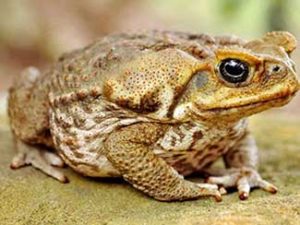



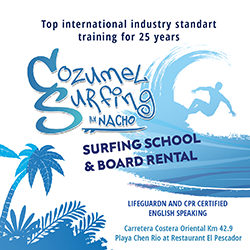


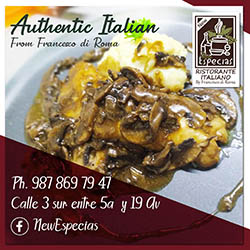



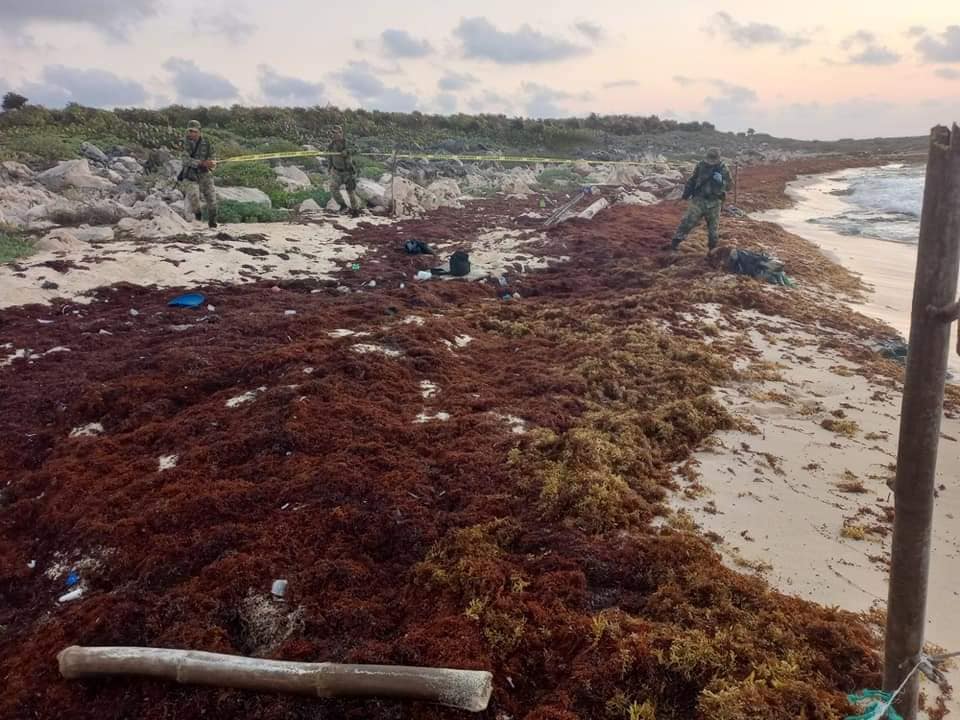
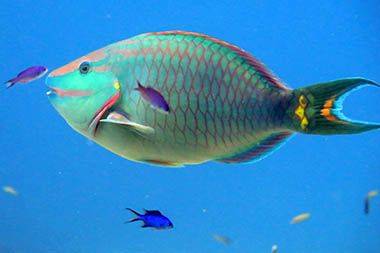









Leave a comment